Weird and whacky traditions in the Russian army
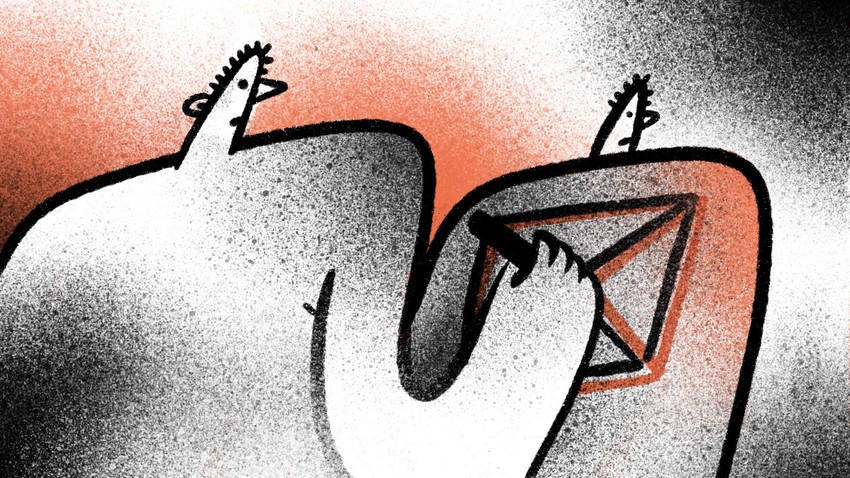
A male military barracks is a place where several hundred young soldiers live side by side for a year. There is a hierarchy between the ‘juniors’ (the first six months of service) and the ‘seniors’ (the second half of the year, plus those to be discharged from the army in the next 60 days) (link to my previous text about ‘Elephants’ and ‘Ghosts’), depending on how long they have already served.
To move from one ‘caste’ to the other, soldiers' ingenuity has invented a whole series of initiation rites which ‘junior’ soldiers go through in order to become ‘real’ soldiers. ‘Senior’ soldiers, in turn, have traditions built around teaching the
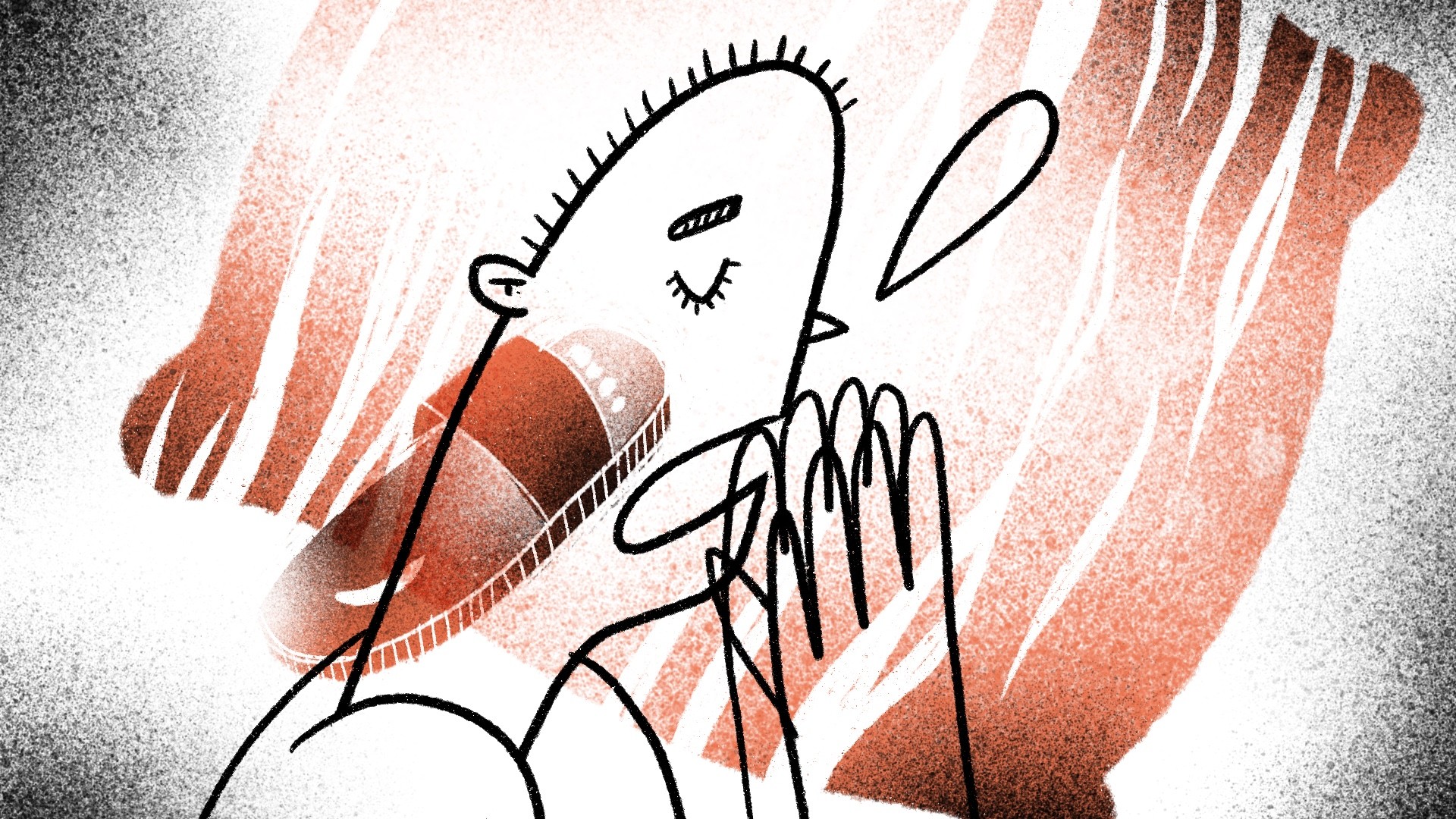
Silencing the tiger; hitting a snoring soldier with a pillow or slipper to stop him preventing others from sleeping. Often, a ‘ghost’ [new recruit] is sent to ‘silence the tiger’ and the tiger turns out to be a ‘Grandpa’ [senior soldier] or ‘Demob’ [a conscript nearing the end of his one-year service]. At such moments the expression on the face of the ‘juniors’ usually changes dramatically because, in revenge for being woken up, the ‘Grandpa’ usually assigns them to extra duty or orders them to ‘scrub the orifices’!
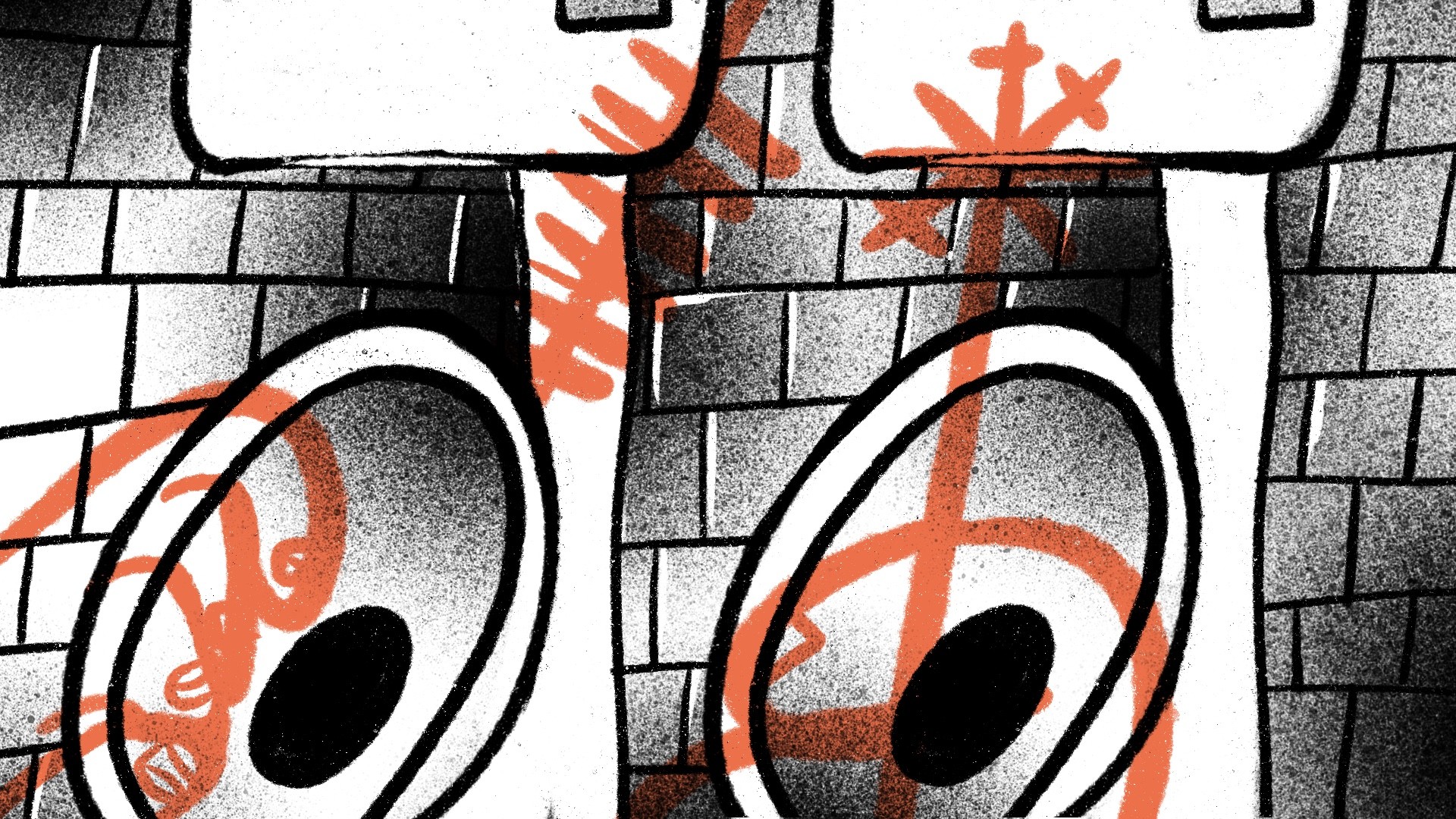
Scrubbing the orifices; cleaning the ‘orifices’ (i.e. toilet bowls) of an entire barracks for a day. The most unruly new recruits who refuse to carry out orders or who commit breaches of discipline in some way or other are sent to ‘scrub the orifices’. The punishment is applied in order to bring the disobedient ‘junior’ conscript down a peg or two and to show him everyone is on equal footing and they won't get away with
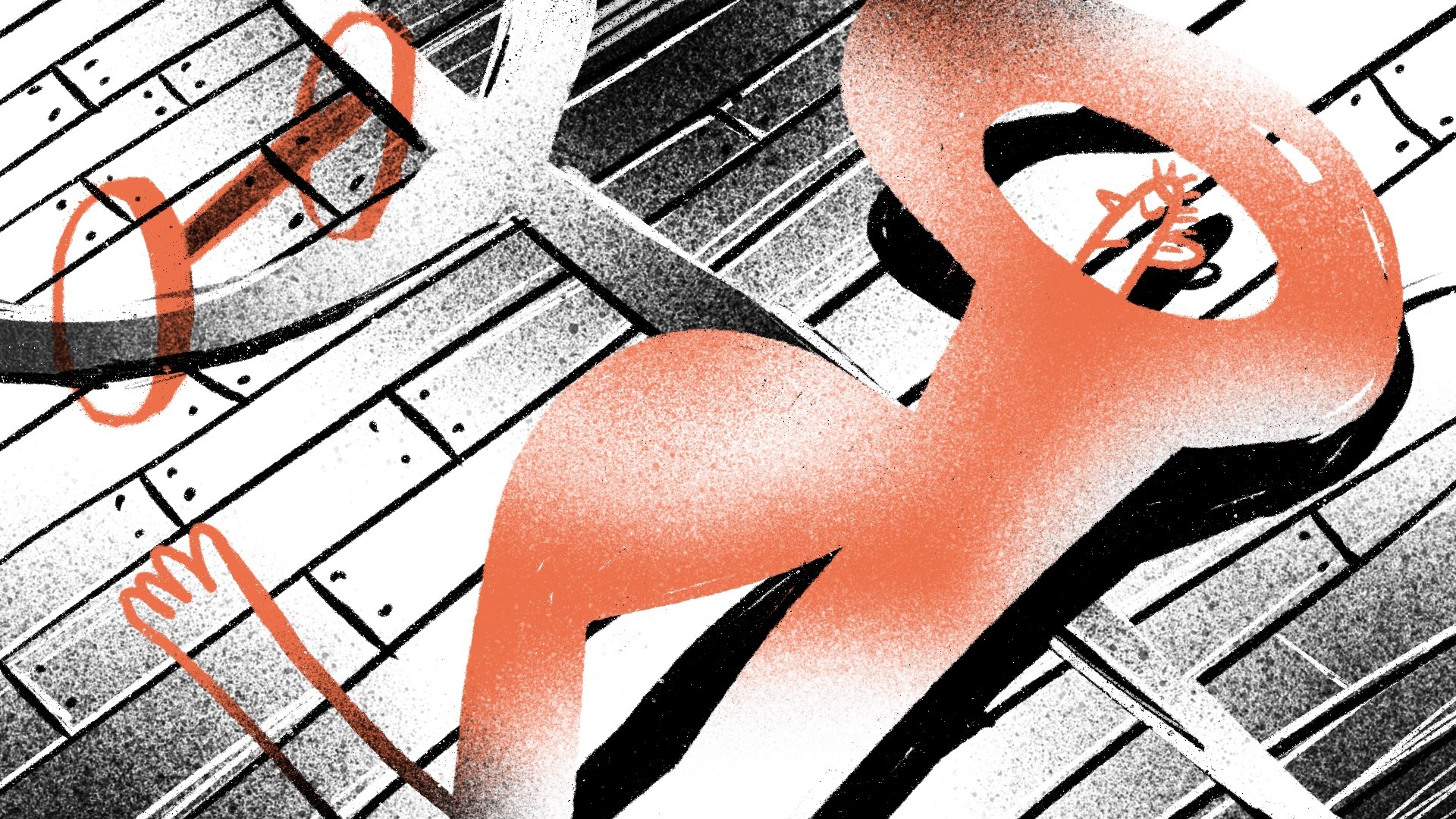
To disappear; skiving off work. ‘Disappearing’ is regarded as a classy act of disobedience among ‘Grandpas’. They can literally ‘hide’ from their work duties in the gym or barracks, and
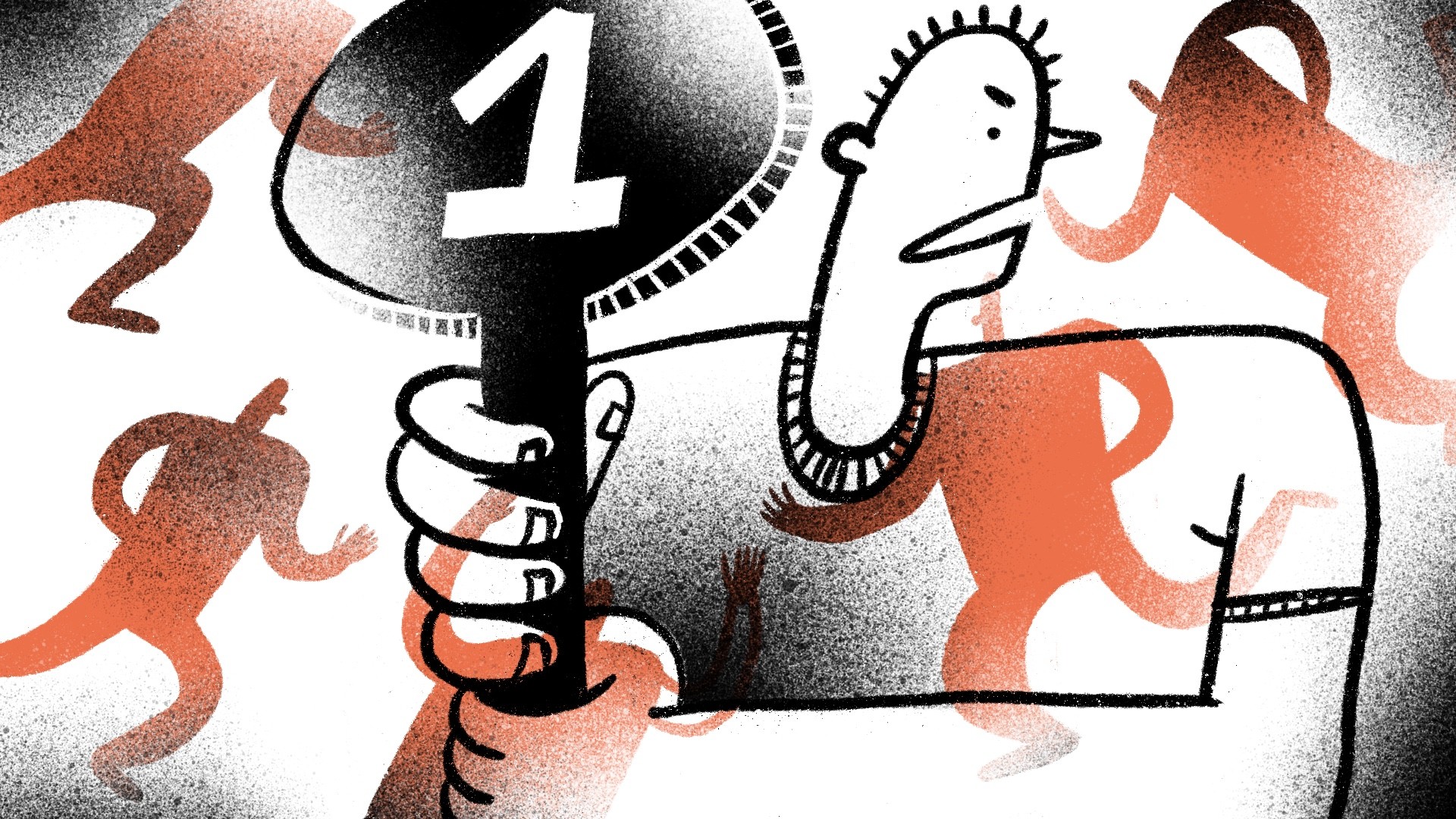
‘One’; rounding up all ‘junior’ conscripts in earshot for a particular task. A ‘Demob’ shouts “One!” and all the ‘junior’ conscripts in the barracks or on the army premises should rush towards him to find out what the ‘Grandpa’ wants. And since you are a ‘junior’, you must carry out the orders of the ‘senior’, without fail.
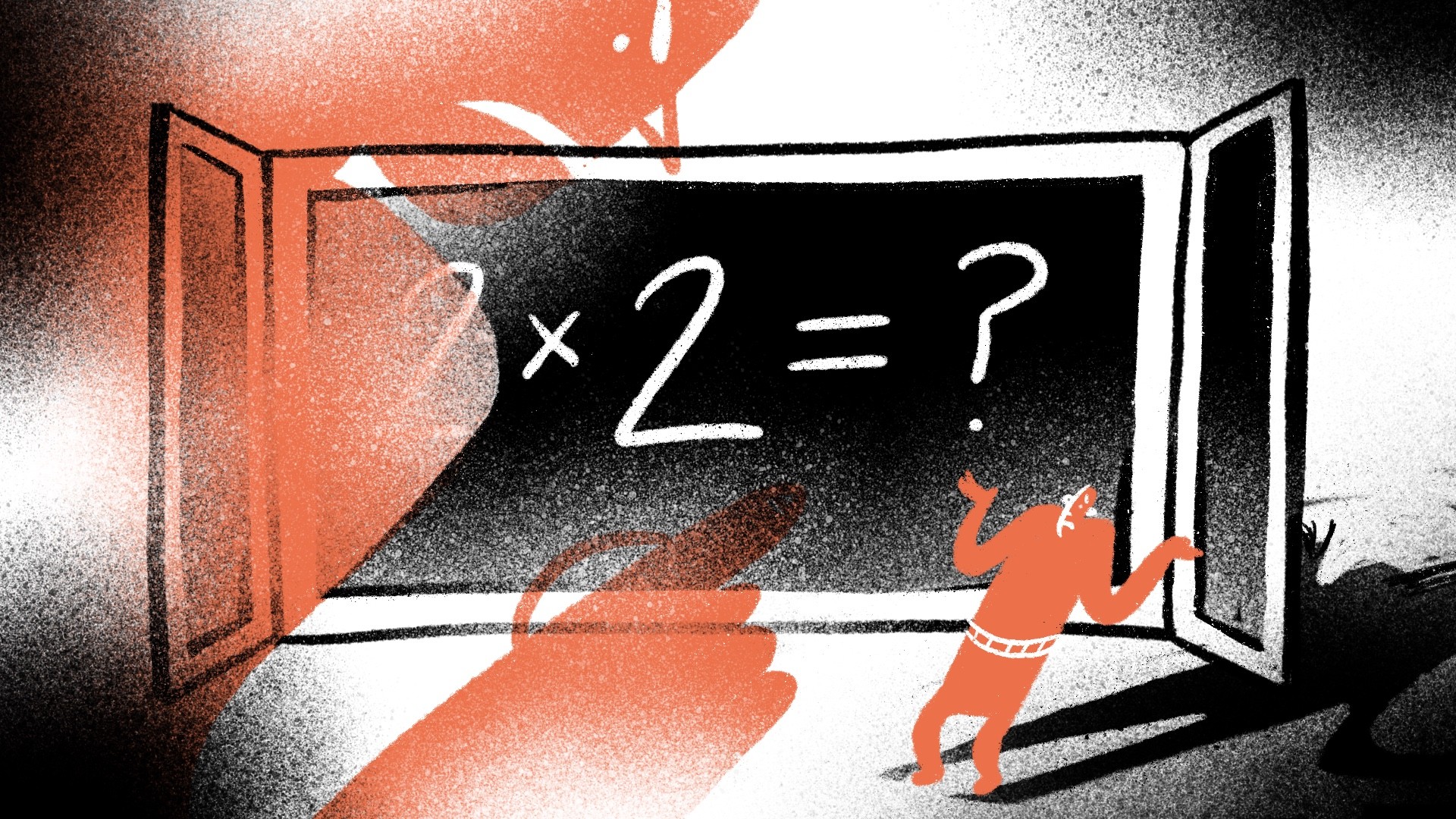
Two times two; punishing a conscript for failing to remember how long he has until he is discharged. A ‘Demob’ asks a ‘Ghost’, “Two times two?”, to which the ‘Ghost’ should reply how many days remain until his discharge from the army. If the ‘Ghost’ doesn't know the answer or has forgotten it, he is regarded as having wasted his day and must be punished.
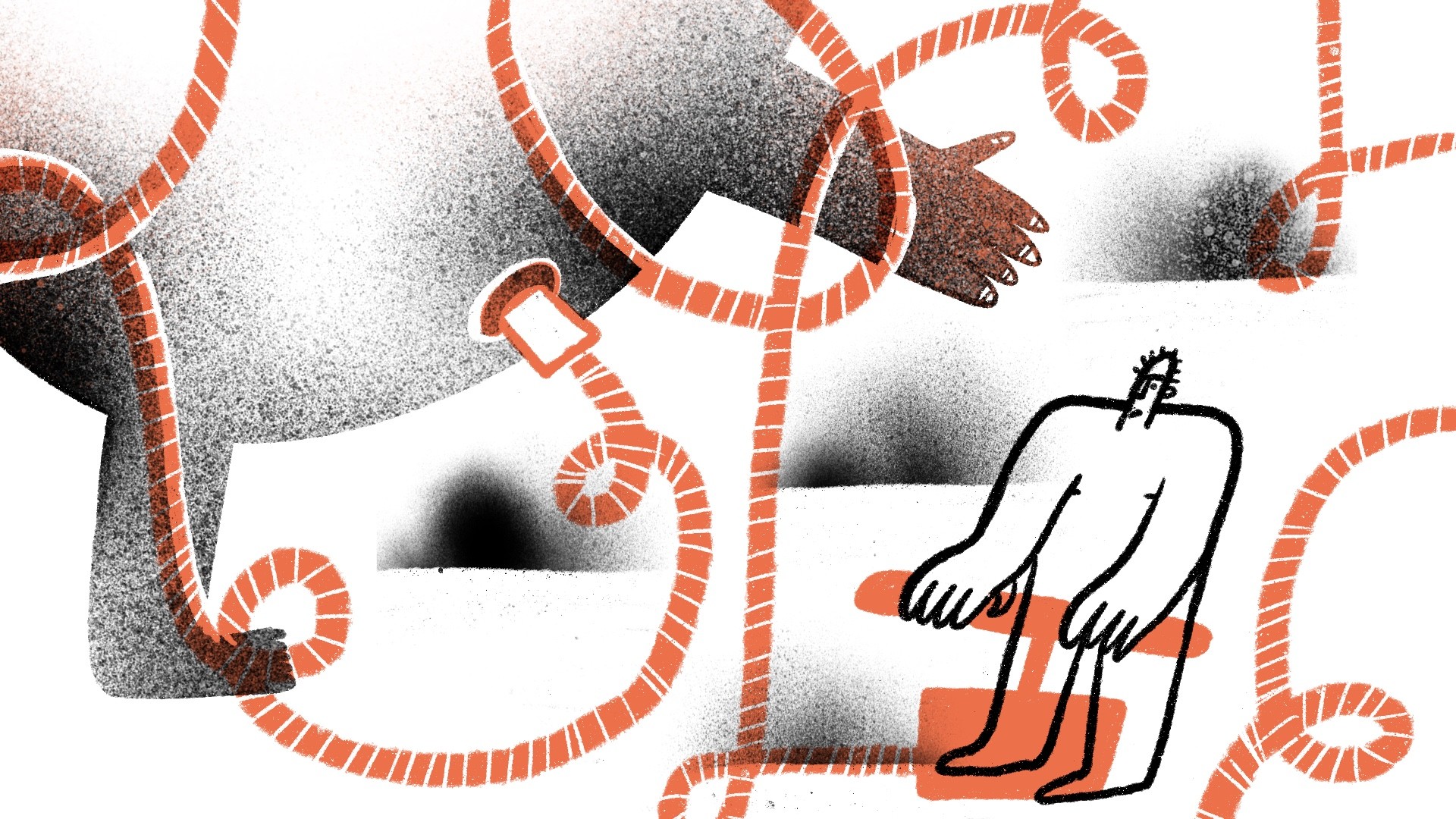
Working out the juniors; regular physical training for new recruits. This is part of everyday
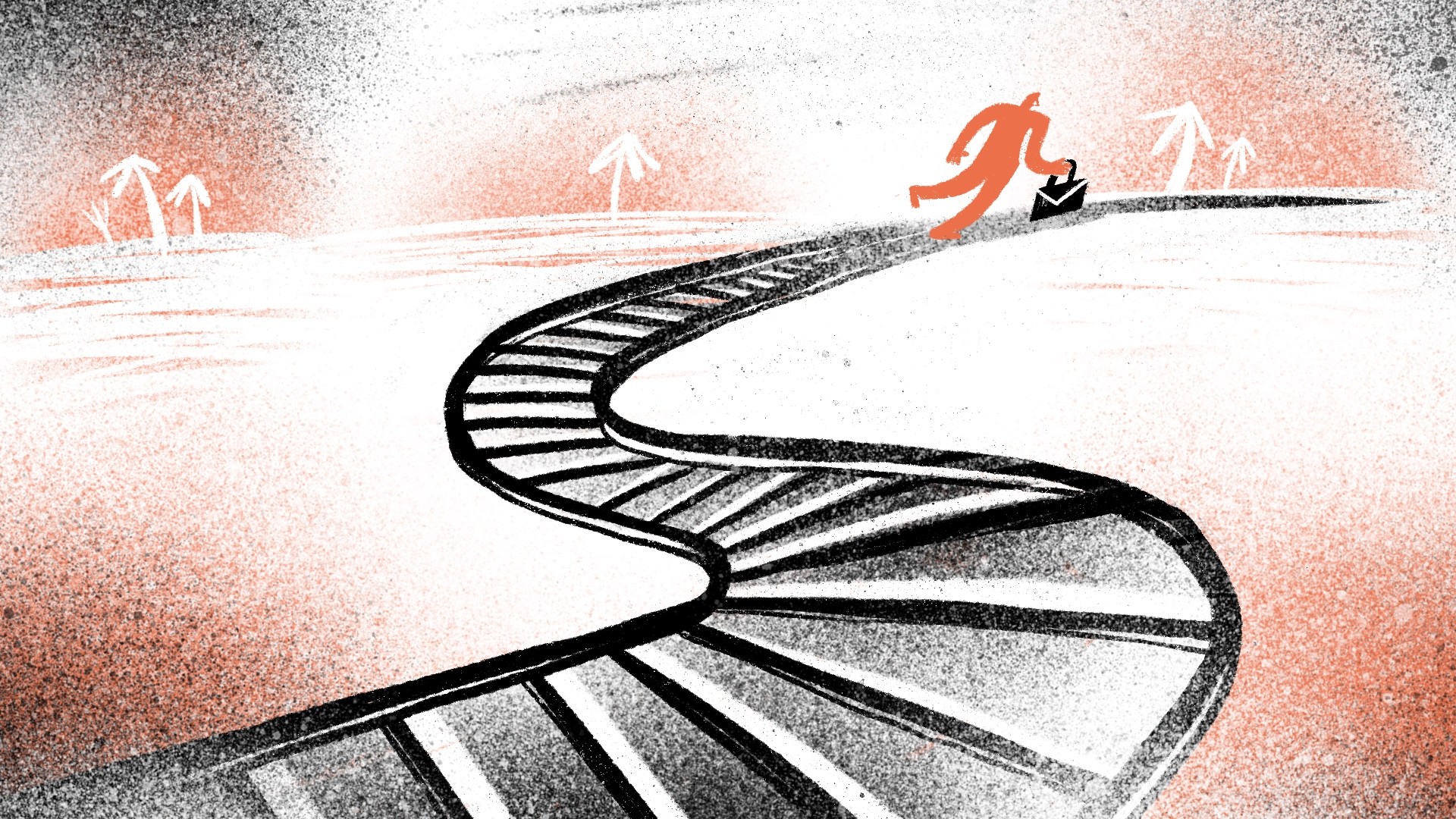
Running off to Sochi; an official term meaning a ‘weekend leave’. As a bonus for good service and behavior, a soldier can earn a ‘ticket’ to go and see his family in town on Saturday and Sunday. The phrase ‘to run off to Sochi’ is also applied to those who go AWOL (‘Sochi’ in this case is not the town, but the Russian abbreviation for ‘absent without leave’) - illegally leaving/fleeing your army unit. In this case, the punishment for ‘running off to Sochi’ is a stint in ‘diesel’.
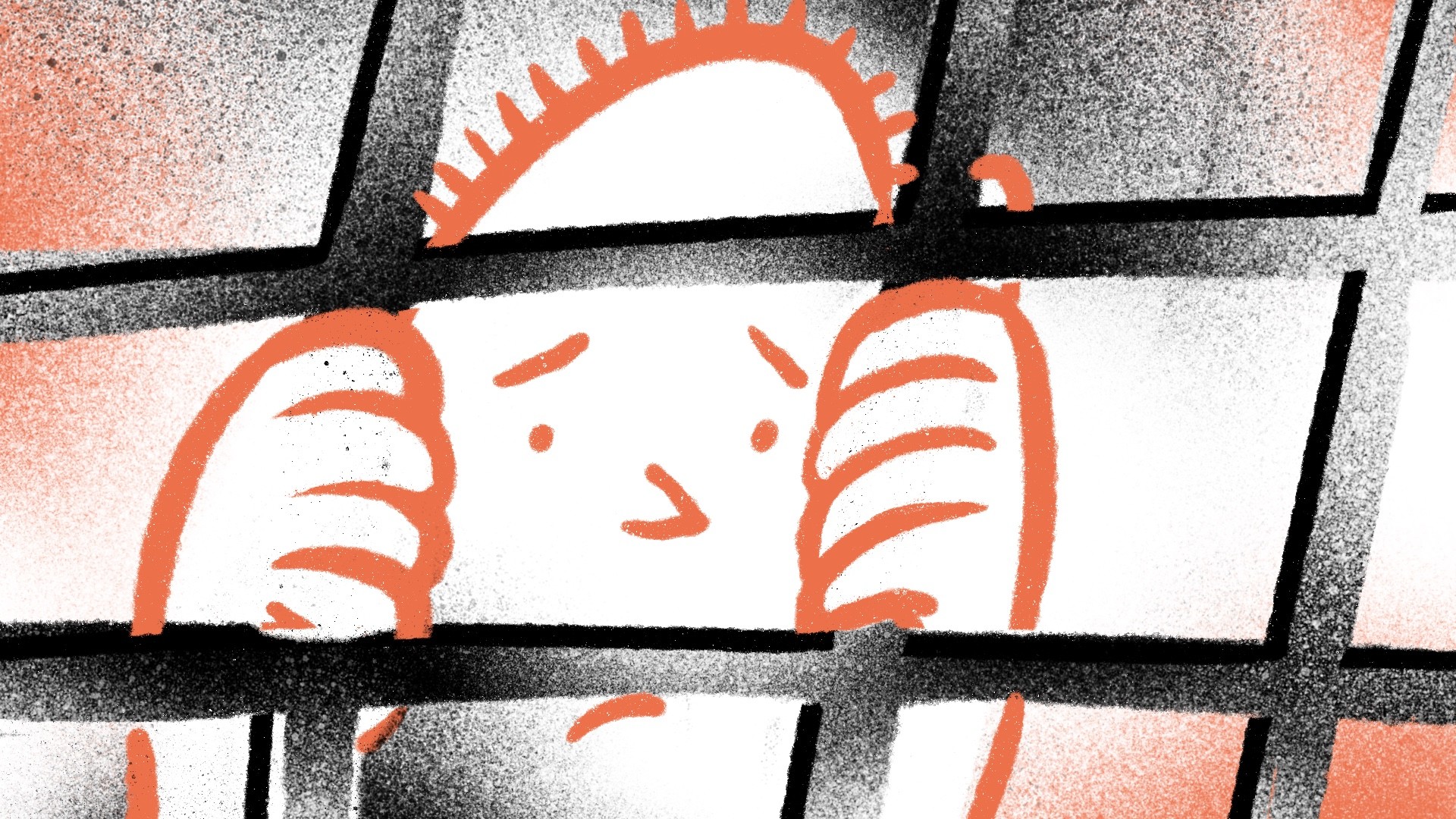
Diesel; spending time at the disciplinary battalion or army prison. This is for soldiers who have illegally ‘run off to Sochi’ or are guilty of non-regulation conduct in their army unit – like stealing money or obtaining money fraudulently from others, staging fights, swearing at or hitting an officer or fellow serviceman, etc
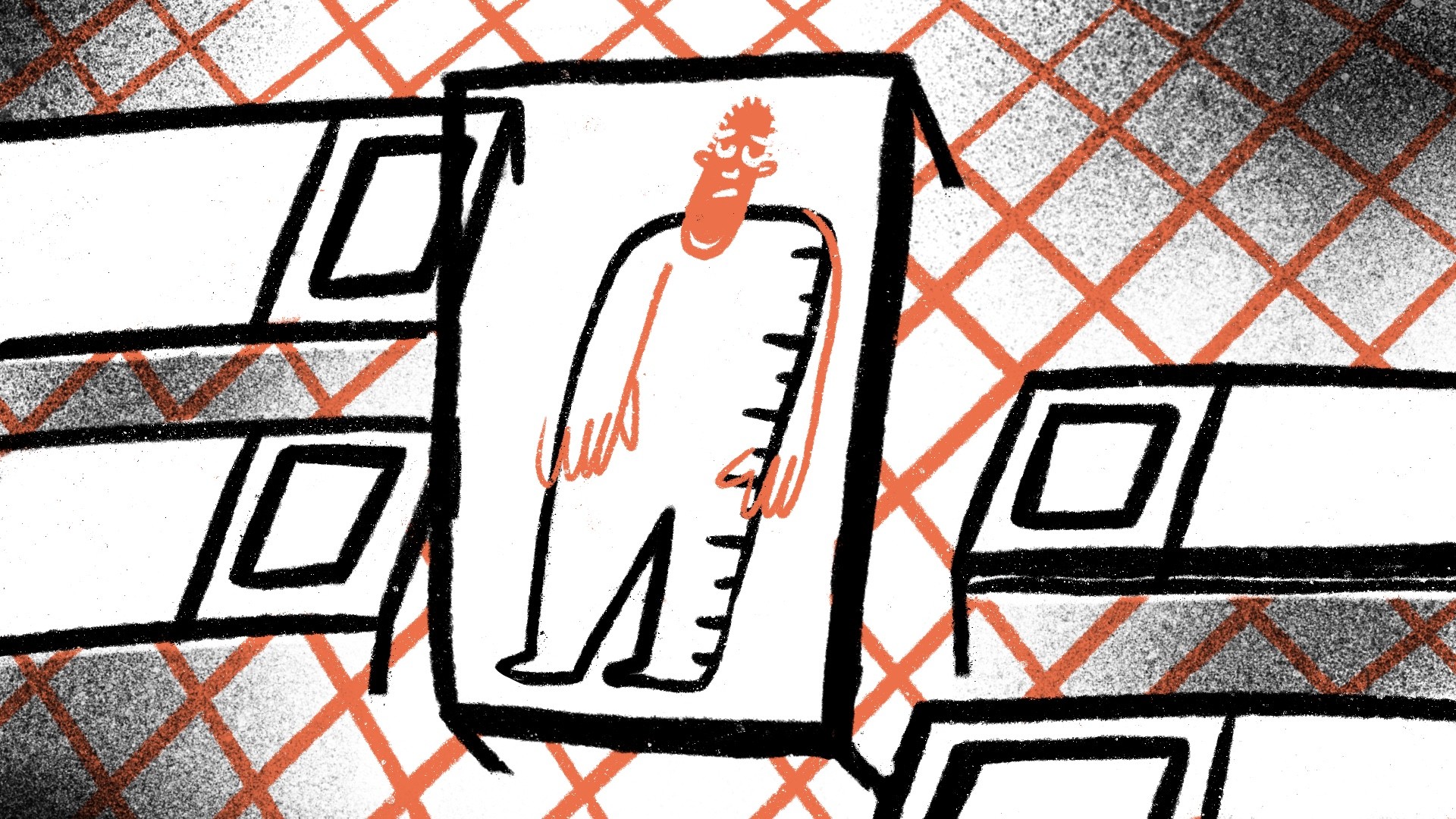

If using any of Russia Beyond's content, partly or in full, always provide an active hyperlink to the original material.
Subscribe
to our newsletter!
Get the week's best stories straight to your inbox